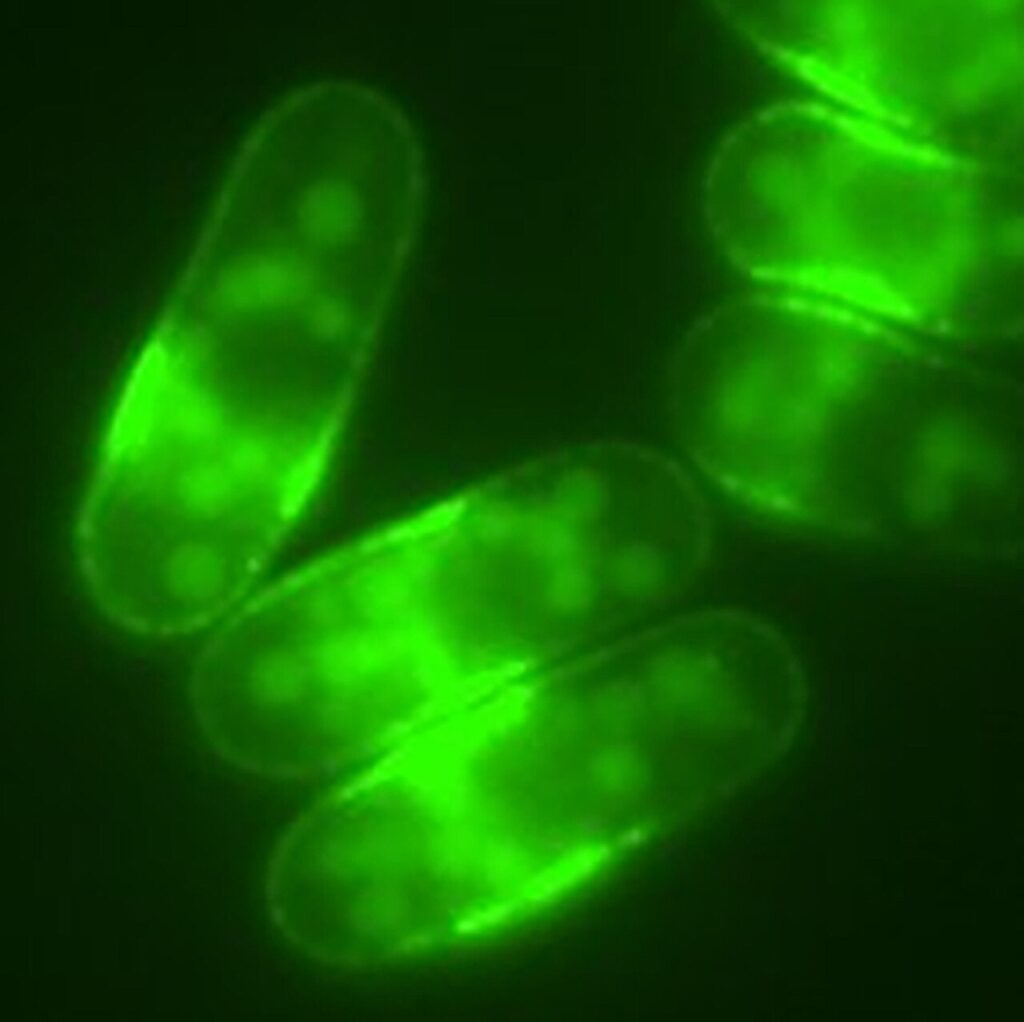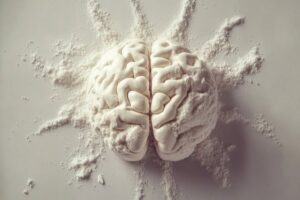
A groundbreaking study from the Cellular Aging and Senescence laboratory at Queen Mary University of London’s Centre for Molecular Cell Biology has unveiled how caffeine, the world’s most popular neuroactive compound, may contribute to slowing down the cellular aging process. This discovery, published in the journal Microbial Cell, highlights caffeine’s potential beyond its well-known ability to enhance alertness.
The research sheds light on the intricate mechanisms within our cells, revealing caffeine’s impact on nutrient and stress-responsive gene and protein networks. By examining fission yeast, a single-celled organism with remarkable similarities to human cells, scientists have identified caffeine’s influence on an ancient cellular energy system.
Unraveling the Cellular Effects of Caffeine
Previously, the research team discovered that caffeine extends cell lifespan by interacting with a growth regulator known as TOR (target of rapamycin). TOR functions as a biological switch, dictating cellular growth based on the availability of food and energy. This mechanism has been a part of energy and stress response systems for over 500 million years.
However, the latest findings reveal a surprising twist: caffeine does not directly influence this growth switch. Instead, it activates another crucial system called AMPK, a cellular fuel gauge conserved across yeast and humans. “When your cells are low on energy, AMPK kicks in to help them cope,” explains Dr. Charalampos (Babis) Rallis, Reader in Genetics, Genomics, and Fundamental Cell Biology at Queen Mary University of London. “And our results show that caffeine helps flip that switch.”
Implications for Health and Longevity
AMPK is also the target of metformin, a widely used diabetes medication currently under investigation for its potential to extend human lifespan in conjunction with rapamycin. Using their yeast model, researchers demonstrated that caffeine’s effect on AMPK influences cellular growth, DNA repair, and stress response—all factors closely linked to aging and disease.
“These findings help explain why caffeine might be beneficial for health and longevity,” said Dr. John-Patrick Alao, the postdoctoral research scientist leading the study. “And they open up exciting possibilities for future research into how we might trigger these effects more directly—with diet, lifestyle, or new medicines.”
Historical Context and Future Directions
The discovery of caffeine’s role in cellular aging is part of a broader scientific effort to understand the molecular underpinnings of longevity. Historically, substances like caffeine have been associated with various health benefits, including a reduced risk of age-related diseases. However, the precise biological pathways through which these effects manifest have remained elusive.
According to experts, the study’s insights could pave the way for innovative approaches to enhancing human healthspan. By leveraging the mechanisms identified in this research, scientists may develop new strategies to modulate cellular aging processes, potentially leading to breakthroughs in age-related therapies.
“The next time you reach for your coffee, you might be doing more than just boosting your focus—you could also be giving your cells a helping hand,” suggests Dr. Alao.
As researchers continue to explore the complex interactions between diet, lifestyle, and cellular biology, the potential for caffeine to play a role in promoting health and longevity remains a promising avenue for future investigation.
For more detailed information, refer to the original study: John-Patrick Alao et al, “Dissecting the cell cycle regulation, DNA damage sensitivity and lifespan effects of caffeine in fission yeast,” Microbial Cell (2025). DOI: 10.15698/mic2025.06.852.







